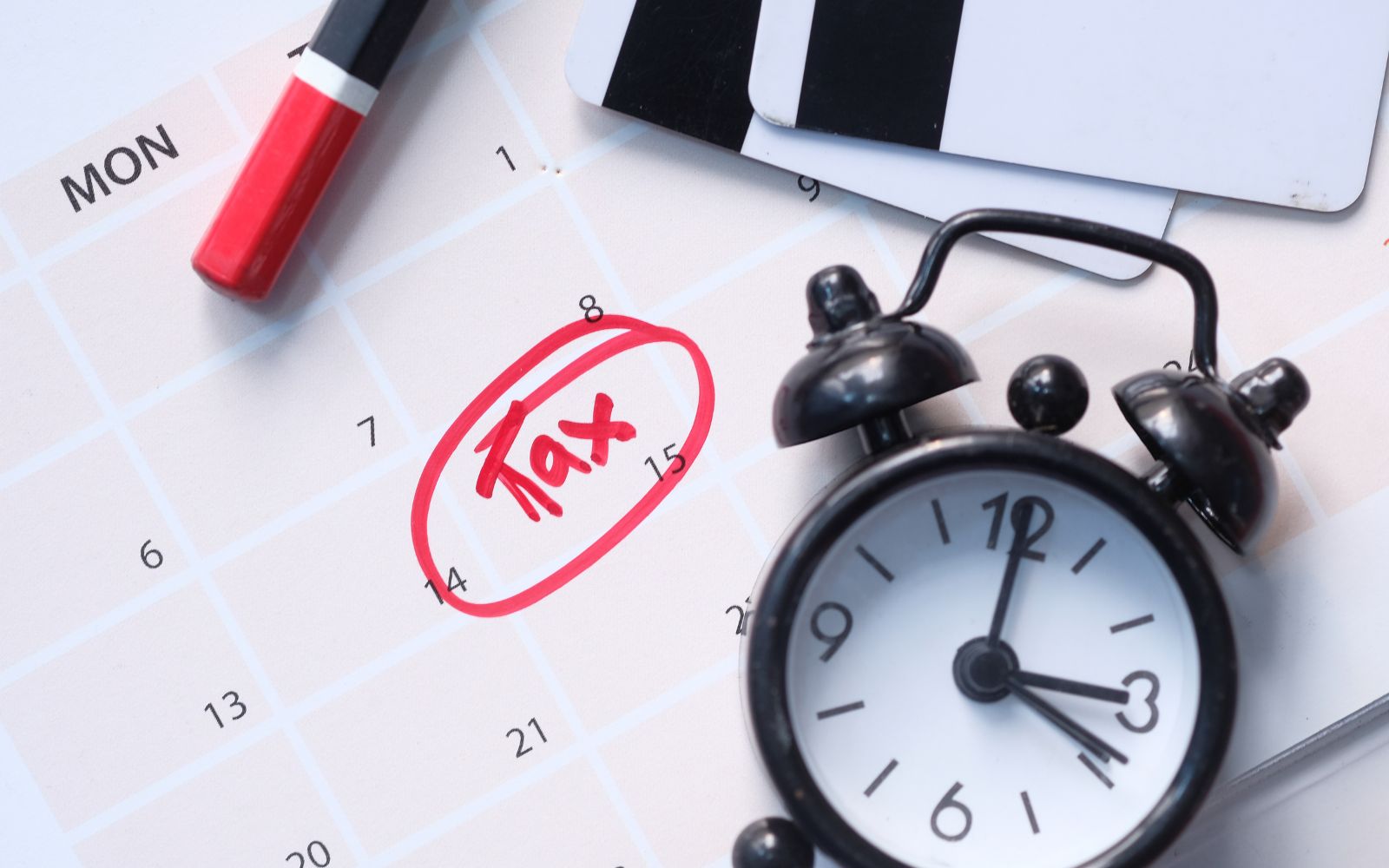Employees – claim a tax deduction for expenses

Employees often incur expenses in doing their job – from buying a train ticket or petrol to visit a supplier, to purchasing stationery or other office tools. Usually employers will reimburse them for any expenses. Otherwise, the employee may be able to claim a tax relief.
The test
A good way of measuring whether such expenses should be deducted is to check whether they been incurred:
wholly, exclusively and necessarily in the performance of the duties of the employment.
The ‘necessary’ condition is what makes these rules strict: it means that any other worker in the same position would be required to incur the same expense. Rules are slightly different for travel, but they’re designed to only allow reliefs specifically on ‘business travel’.
In the performance of the job vs putting the employee in a position to do the job
The last part of the criteria is also a crucial one: incurring an expense in the performance of a job, is different than doing the same to put the employee in the position to do a job. For example, travelling from the office to a business meeting is a cost that may be incurred in the performance of a job, therefore it can be deducted. However, commuting is an expense that only puts the employee in the position to do their job, and is therefore not be deducted.
Expenses for which relief may be claimed
Any expense that meets the criteria above can be claimed for a deduction. Examples include professional fees and subscriptions, travel and maintenance costs, additional costs of working from home, cost of repairing tools or specialist clothing, phone calls, etc.
Where the expense is reimbursed by the employer, a deduction cannot be claimed as well. However, the amount reimbursed is not taxable and is ignored for tax purposes.
Using your own car
Where an employee uses his or her own car for business travel, the employer can pay tax-free mileage payments up to the approved rates. For cars and vans, this is 45p per mile for the first 10,000 miles in the tax year and 25p per mile for any subsequent miles.
If the employer does not pay mileage allowances or pays less than the approved amount, the employee can claim tax relief for the difference between the approved amount and the amount paid by the employer.
More about this here.
Flat rate expenses
Employers in certain industries are able to claim a flat rate deduction for certain expenses in line with rates published by HMRC. Although claiming the flat rate removes the need to keep records of actual costs, employees can claim a deduction based on actual costs where this is more beneficial.
How to claim
There are different ways to make a claim depending on your circumstances. Claims can be made online using HMRC’s online service, by submitting a P87 form by post, by phone or via the self-assessment tax return.
The information available on this page is of a general nature and is not intended to provide specific advice to any individuals or entities. We work hard to ensure this information is accurate at the time of publishing, although there is no guarantee that such information is accurate at the time you read this. We recommend individuals and companies seek professional advice on their circumstances and matters.




